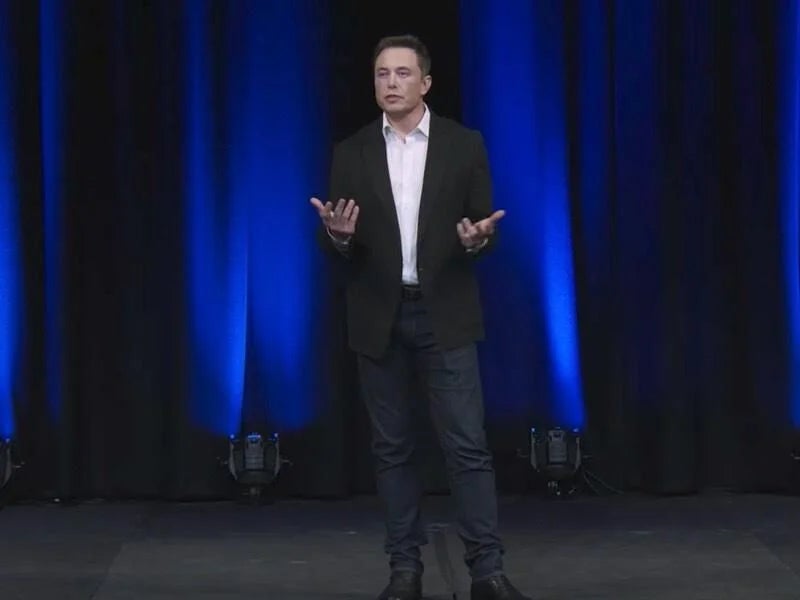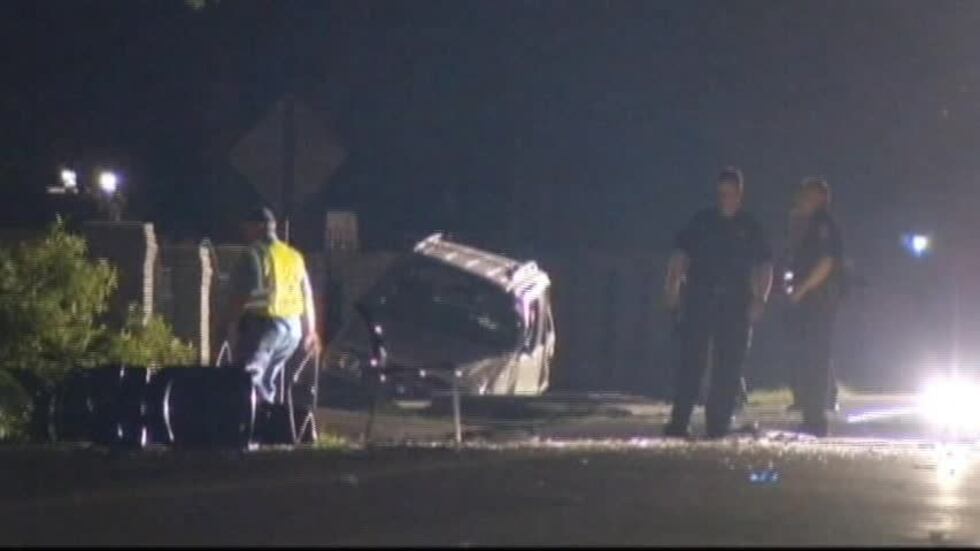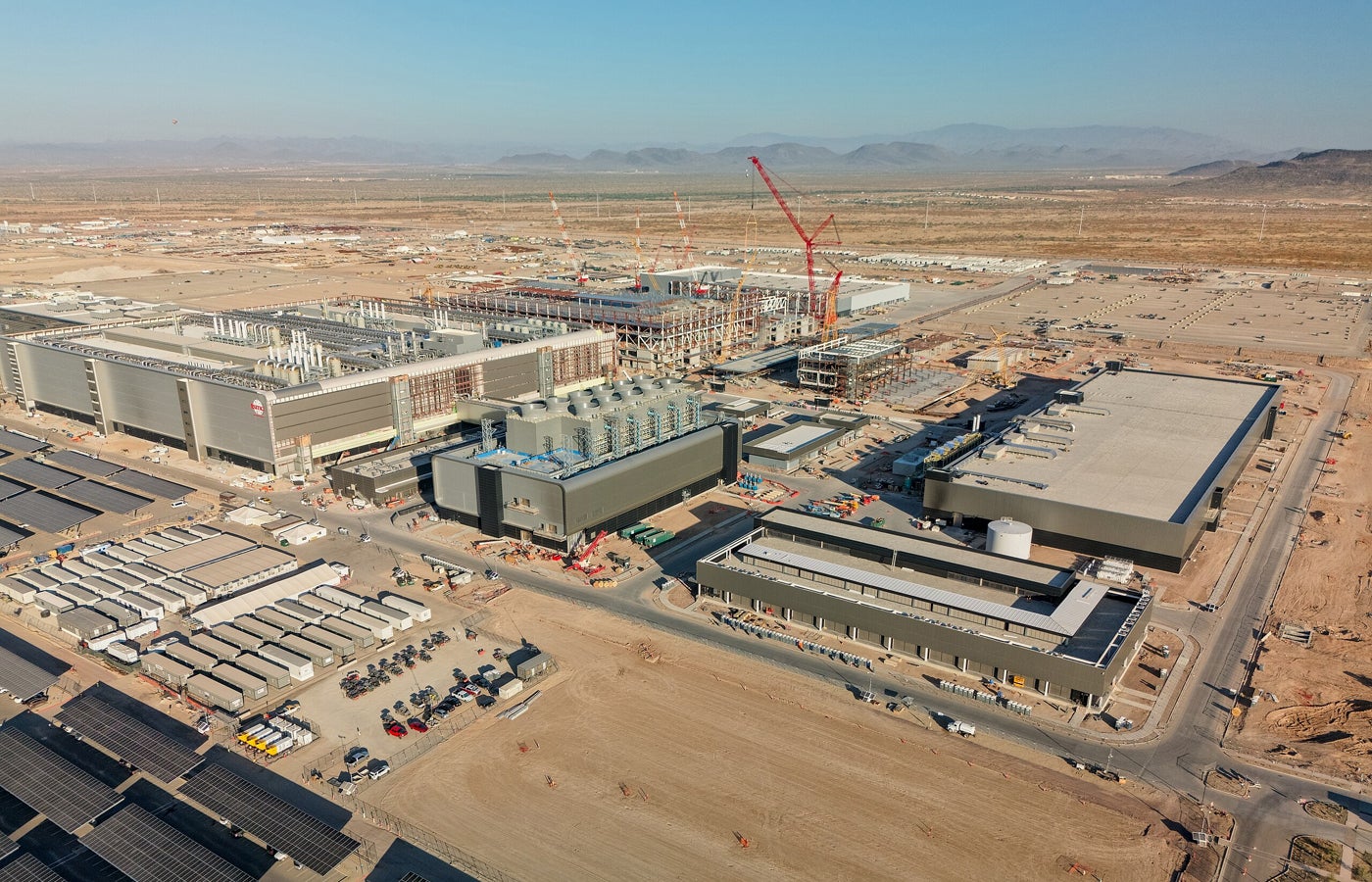US officials expressed optimism on Sunday that a cease-fire agreement between Ukraine and Russia could be reached in “weeks,” with President Donald Trump scheduled to speak with Russian counterpart Vladimir Putin shortly.
Trump’s envoy, Steve Witkoff, who met with Putin for several hours days ago, told CNN in a televised interview: “I believe the two presidents will have a very good and positive discussion this week.”
“This is a highly, very complicated situation, and yet we are bridging the gap between two sides,” he said, adding that Trump “really expects there to be some sort of agreement in the coming weeks, maybe, and I believe that is the case.”
But officials also hinted strongly that Ukraine will likely have to make some major concessions if a deal is to be reached.
The United States this week proposed a halt in fighting in the war after talks in Saudi Arabia, with Kyiv accepting the proposal.
On Sunday, US Secretary of State Marco Rubio stated that his talks with Russian Foreign Minister Sergei Lavrov were “promising.” He hopes to have an announcement soon.
Putin, on the other hand, has not provided a clear response to the US proposal, instead listing a number of conditions and raising “serious concerns” about it.
Michael Waltz, Trump’s national security adviser, suggested on Sunday that Ukraine would likely have to cede some territory to Russia while also abandoning any hopes of joining NATO in the near future.
When asked about speculation that a deal would require Ukraine to give up its southeastern Donbas region, much of which is now under Russian control, and its NATO hopes, Waltz responded, “This is going to be some type of territory-for-future-security guarantees (deal) — the future status of Ukraine.”
He added, “A permanent path into NATO, or permanent membership in NATO for Ukraine, is extremely unlikely.”
Witkoff, however, said on CNN that talk of US recognition of Russian-held territory was “a little bit premature.”
Russia has long drawn a line against NATO membership for Ukraine, while Kyiv has ruled out territorial concessions.
Future peace talks are “very complicated,” Witkoff said in a televised CBS interview, citing a number of difficult issues, including ending fighting along a 1,200-mile (2,000-kilometer) border, Ukraine’s incursion into Russia’s Kursk region, what will happen to a Ukrainian nuclear reactor, and access to ports in the Black Sea.
Although the situation in Ukraine was “much more complicated” than in Gaza, he maintained an upbeat tone by stating that “no one’s throwing their hands up in the air.”
He added: “Everybody is committed, all stakeholders, including the Europeans, to doing everything we can to reach a successful resolution.”







